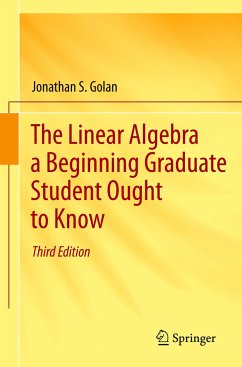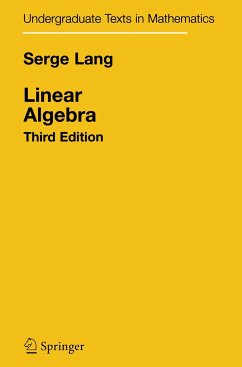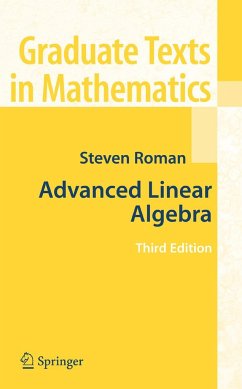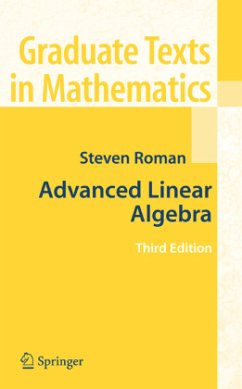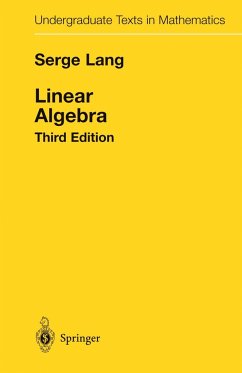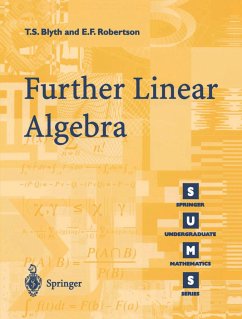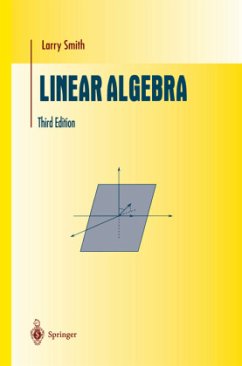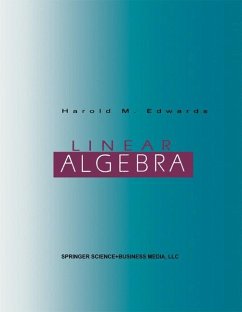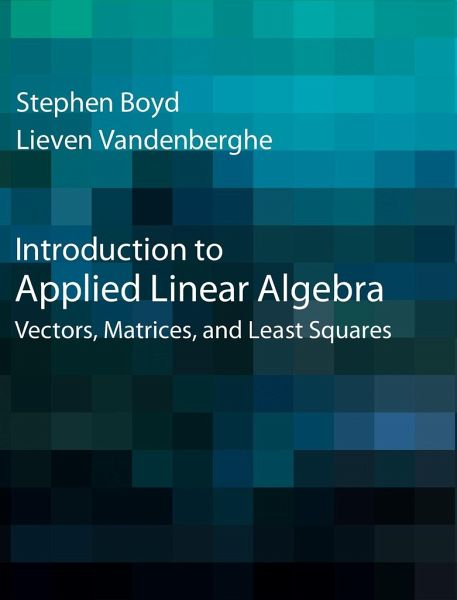
Introduction to Applied Linear Algebra
Versandkostenfrei!
Versandfertig in 1-2 Wochen
84,99 €
inkl. MwSt.
Weitere Ausgaben:

PAYBACK Punkte
42 °P sammeln!
This groundbreaking textbook combines straightforward explanations with a wealth of practical examples to offer an innovative approach to teaching linear algebra. Requiring no prior knowledge of the subject, it covers the aspects of linear algebra - vectors, matrices, and least squares - that are needed for engineering applications, discussing examples across data science, machine learning and artificial intelligence, signal and image processing, tomography, navigation, control, and finance. The numerous practical exercises throughout allow students to test their understanding and translate th...
This groundbreaking textbook combines straightforward explanations with a wealth of practical examples to offer an innovative approach to teaching linear algebra. Requiring no prior knowledge of the subject, it covers the aspects of linear algebra - vectors, matrices, and least squares - that are needed for engineering applications, discussing examples across data science, machine learning and artificial intelligence, signal and image processing, tomography, navigation, control, and finance. The numerous practical exercises throughout allow students to test their understanding and translate their knowledge into solving real-world problems, with lecture slides, additional computational exercises in Julia and MATLAB®, and data sets accompanying the book online. Suitable for both one-semester and one-quarter courses, as well as self-study, this self-contained text provides beginning students with the foundation they need to progress to more advanced study.




